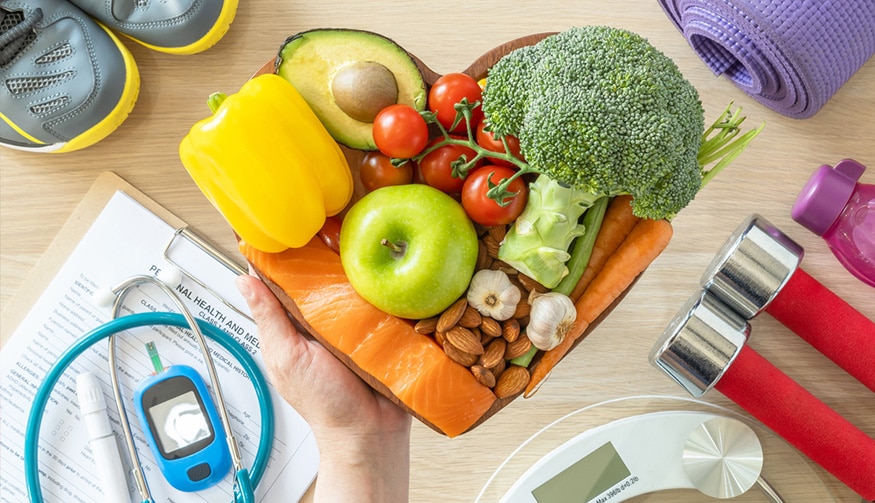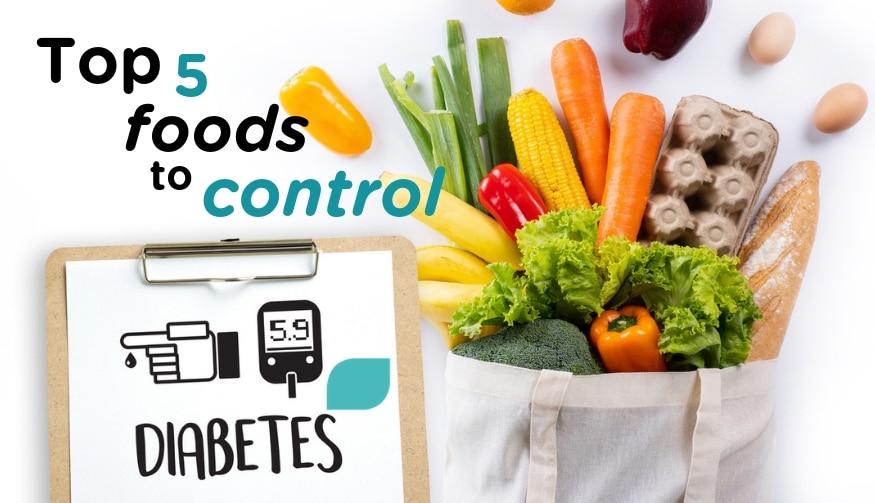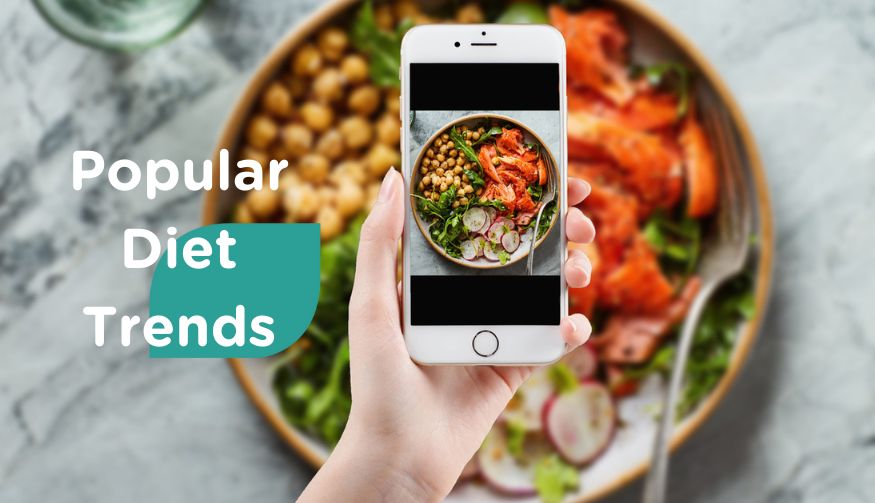A healthy and balanced diet can help you prevent and control diabetes. A diet for diabetes is not too complicated and you don’t have to give up all your favourite foods. Here is the ultimate guide to creating a diet plan for diabetes.
What’re the symptoms of diabetes?
Diabetes is a long-lasting health condition that your body can not control the blood sugar. It will cause serve health problems like heart disease or vision impairment.
Below are the symptoms of diabetes:
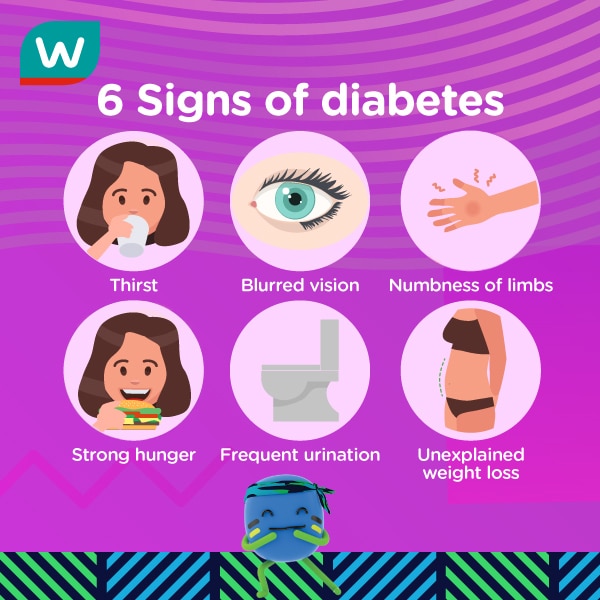
What is the difference between Type 1 & Type 2 diabetes?

Type 1 diabetes: The immune system of people with type 1 diabetes attacks the body’s own healthy cells for foreign invaders. It may be related to genetic and environmental factors, such as exposure to viruses.
Type 2 diabetes: People with type 2 diabetes have insulin resistance. The body can produce insulin, but it’s unable to use it effectively. The causes may be related to lifestyle factors like excess weight and inactivity.
How to develop a healthy and balanced diet for diabetes?
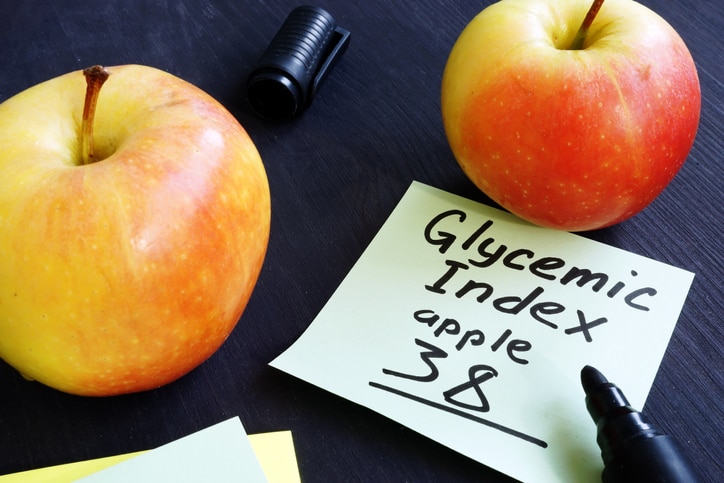
A healthy and balanced diet for diabetes is based on eating three meals a day at regular times. The meal plan helps control your blood sugar, manage your weight and control heart disease risk factors like high blood pressure and high blood fats.
A registered dietitian can help you determine the portion sizes that suit your weight and activity level. Some people who have diabetes use the “Glycemic Index” to select carbohydrate-containing foods that may affect your blood glucose levels.
The Glycemic Index is used to measure how much a specific food increases your blood sugar levels. The higher the GI, the greater the effect on blood sugar levels.
That’s why keeping track of your eating habits and eating a healthy and balanced diet help control your blood glucose level in a safe range.
Check out the low-GI foods below for a diabetic person:
What is the best diet for a diabetic person?
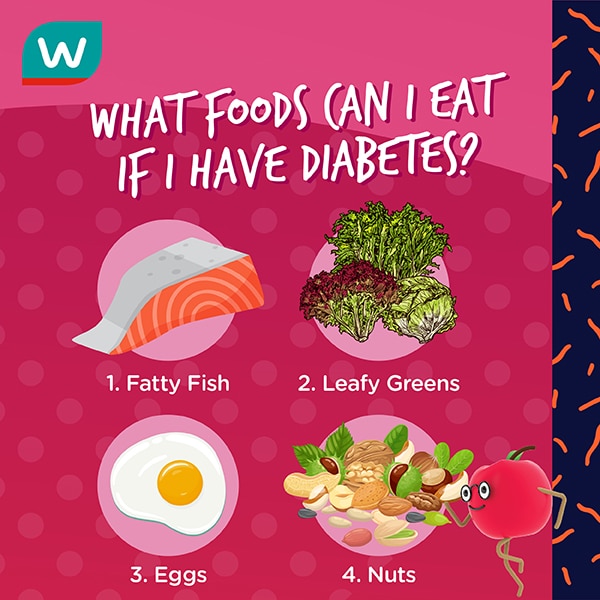
#Vegetables and fruits
Eat more fresh and non-starchy vegetables and whole fruits instead of fruit juices and smoothies as they don’t have as much fiber. Go for a rainbow of colors to get various vitamins and minerals.
Studies show that berries, green leafy vegetables, yellow vegetables, and cruciferous vegetables help to lower the risk of type 2 diabetes.
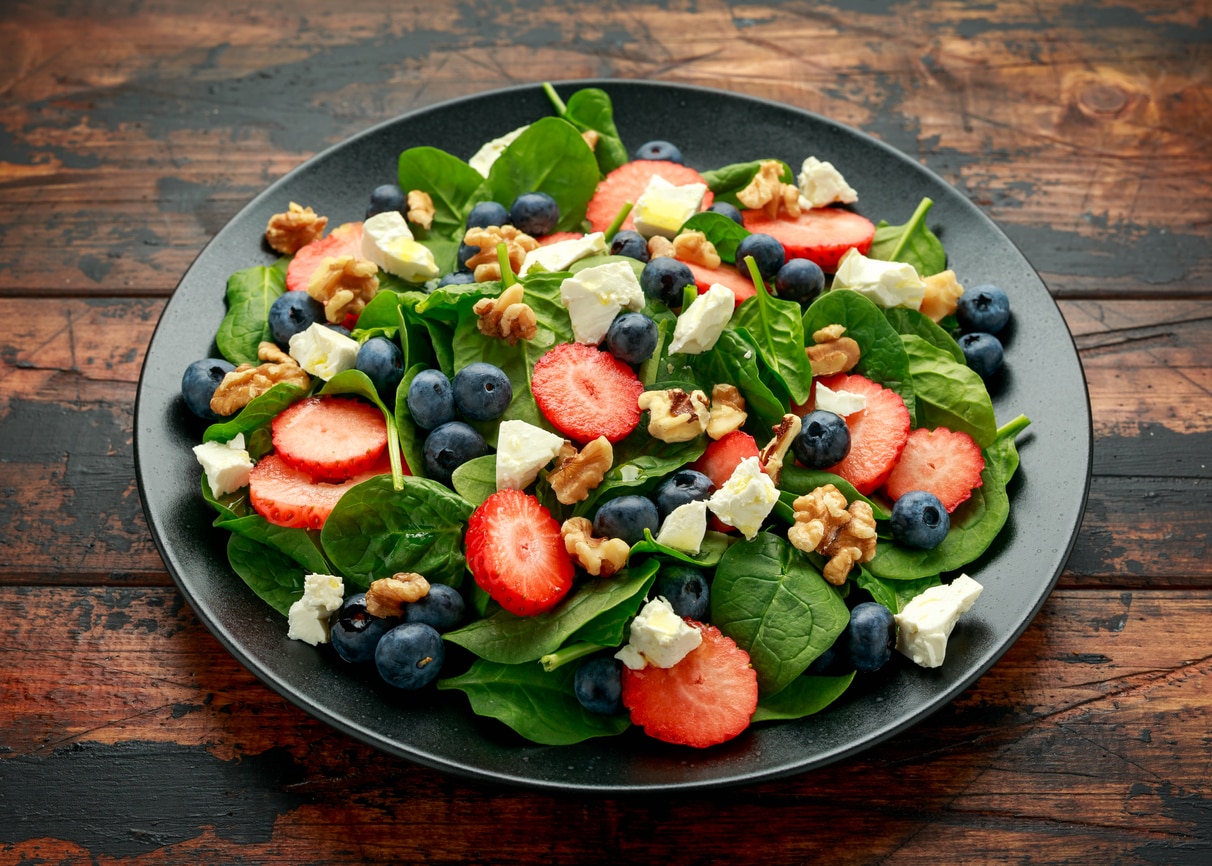
#Whole grains
Go for whole-grain foods with a low glycaemic index (GI) to control the consumption of carbohydrates, such as wheat, brown rice, oats, high-fiber cereal, and quinoa.
#Protein
Eat less red meat and processed meat. Eat more lean meat, such as chicken and turkey without the skin.

#Dairy
Consume more high-quality protein like eggs, low-fat dairy, and unsweetened yoghurt.
#Healthy fats (Unsaturated fats)
Eat oily fish like mackerel, salmon, and sardines that contain a lot of omega-3 fish oil. Use healthy oils such as canola and olive oil for cooking foods.

What food to avoid if you have diabetes?
If you get diabetes, be aware that eating these foods will increase your blood sugar and insulin levels which causes diabetes-related diseases.
- Dried fruit
- White bread, rice, and pasta
- Deep-frying foods like French fries
- Sugary drinks or sweetened foods like fruit juice, cereals, yoghurt and honey
- Foods that contain trans fats like margarine, peanut butter, creamers or baked goods








